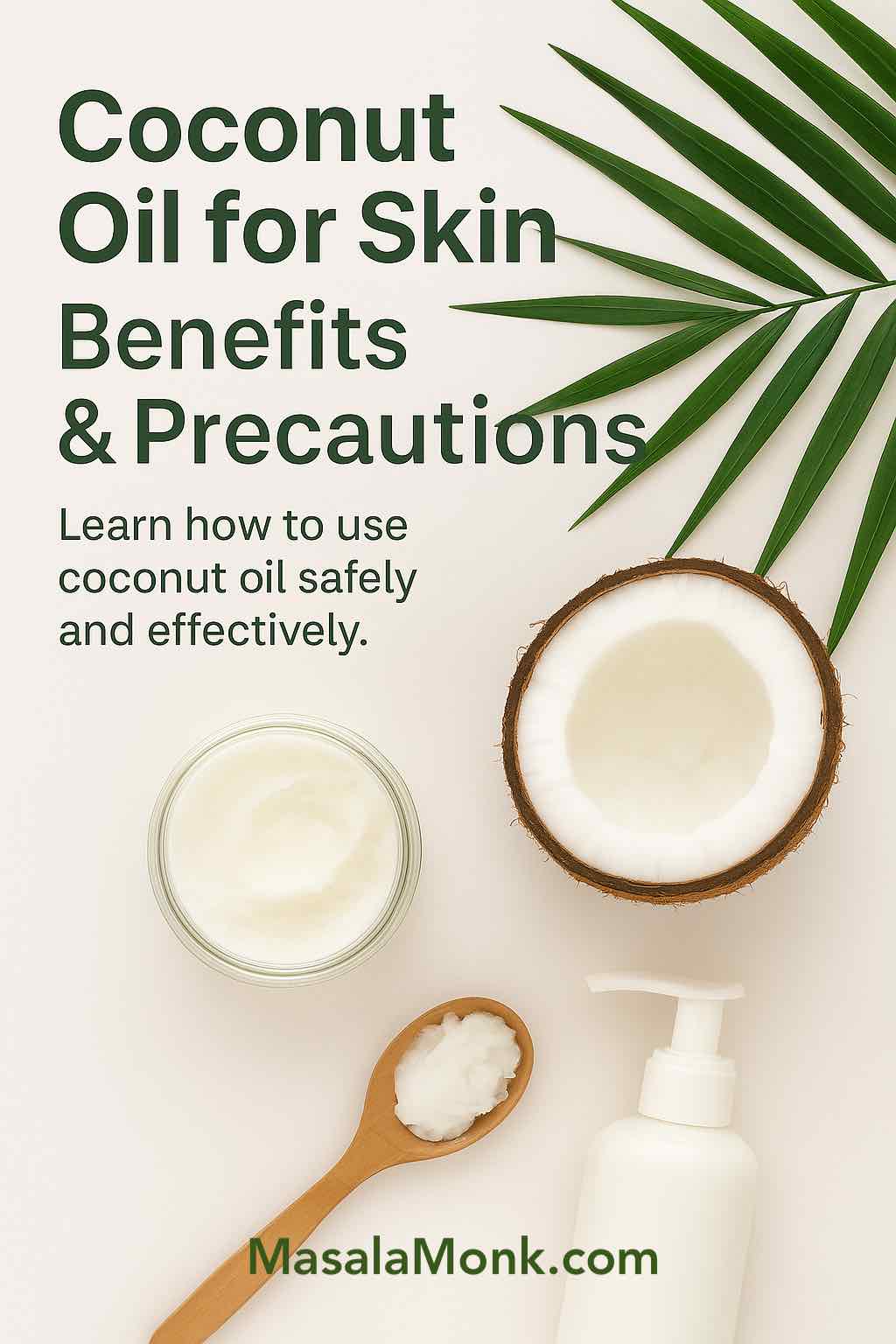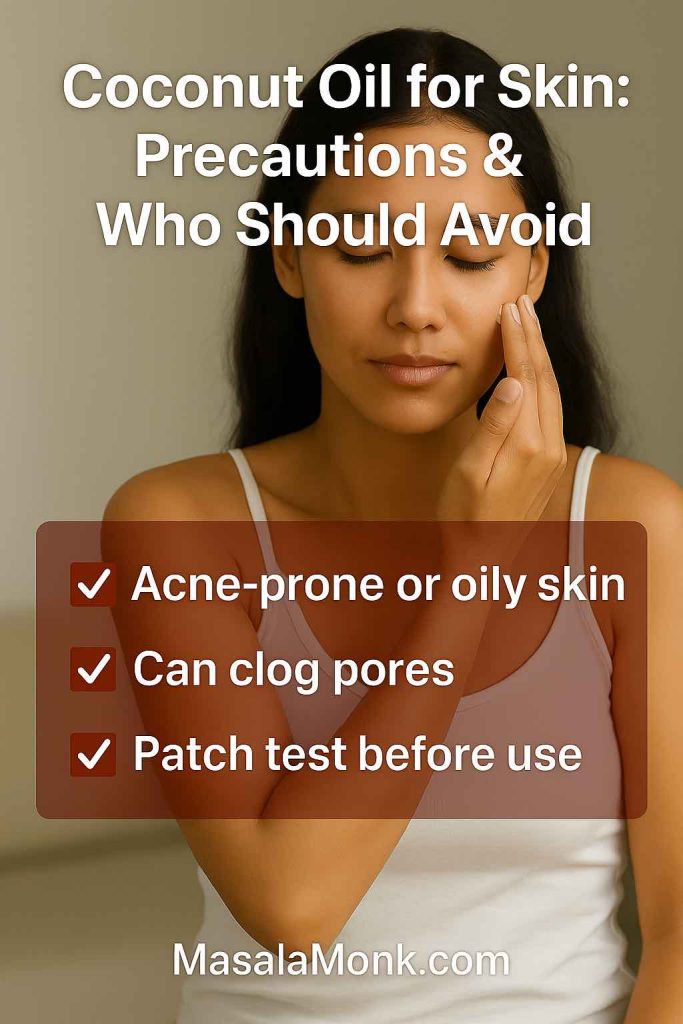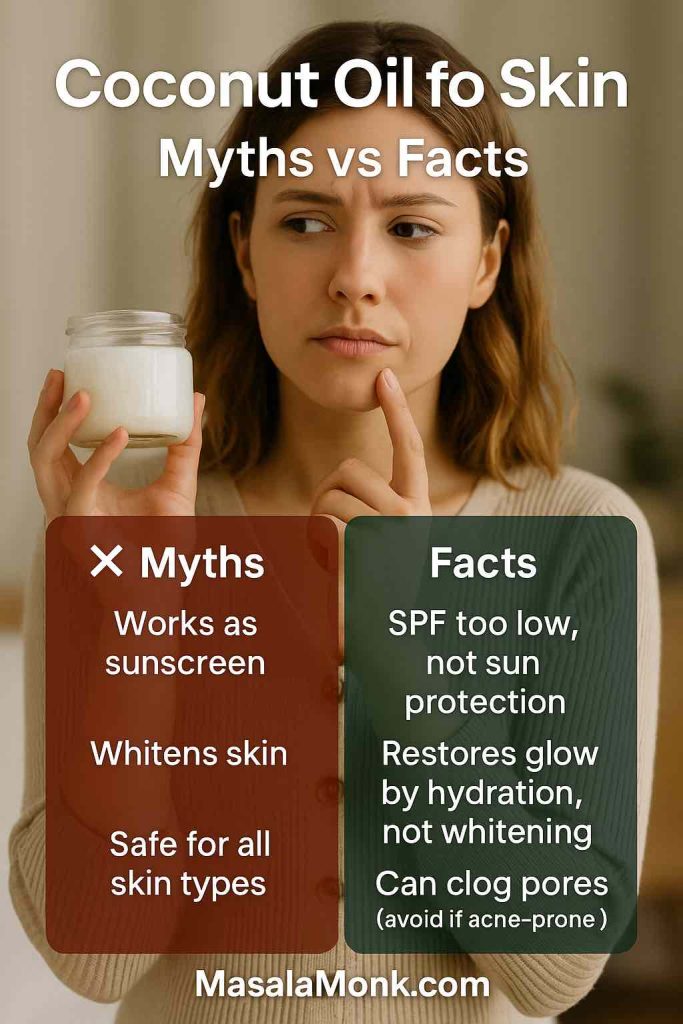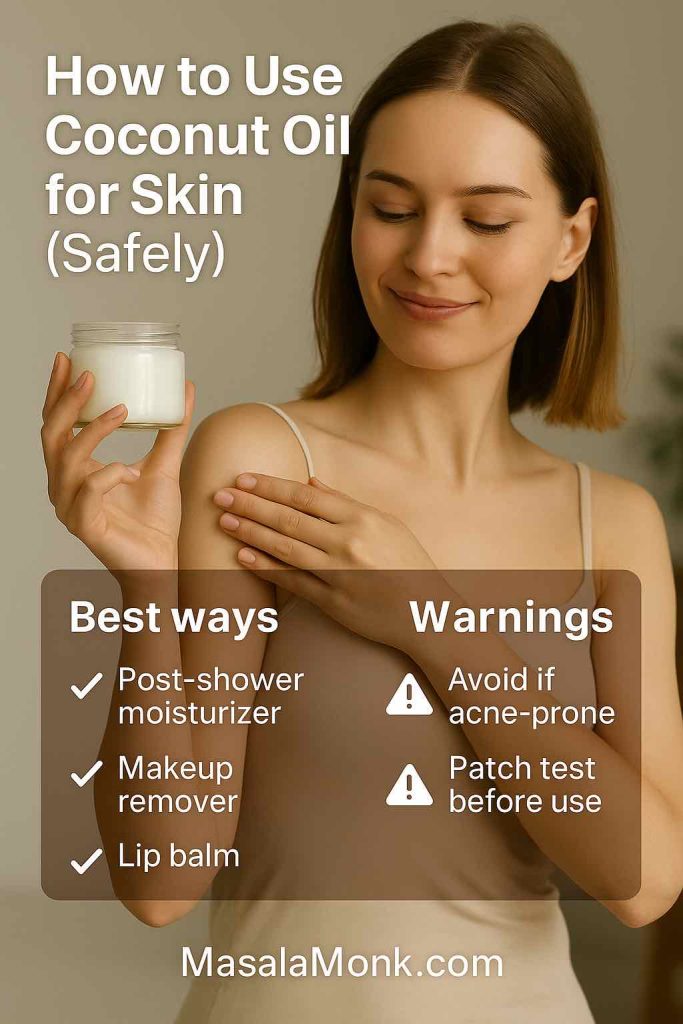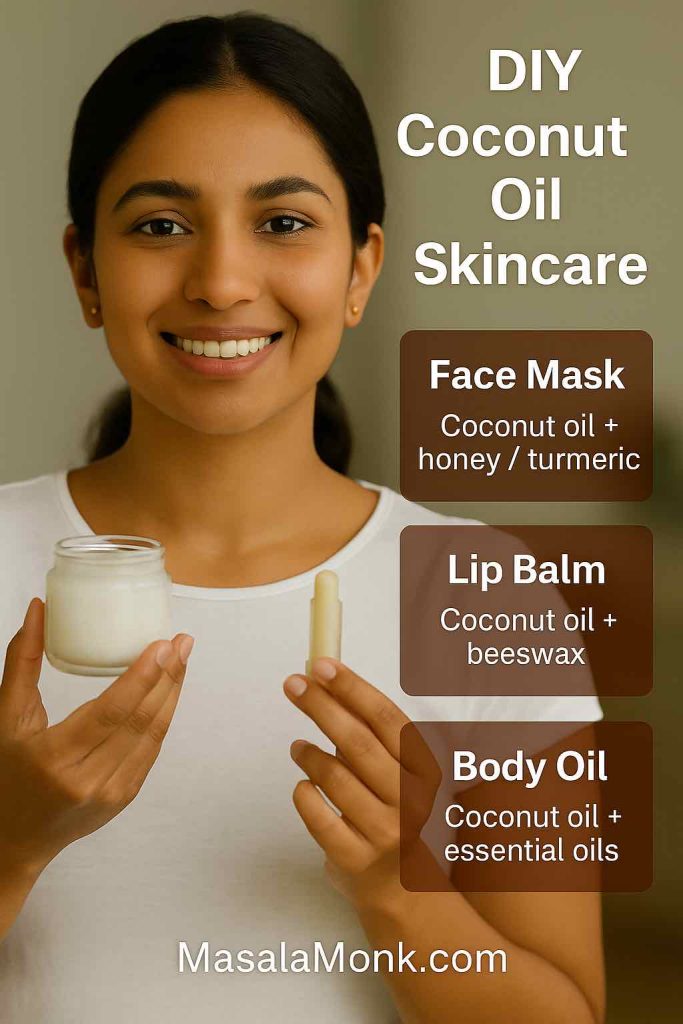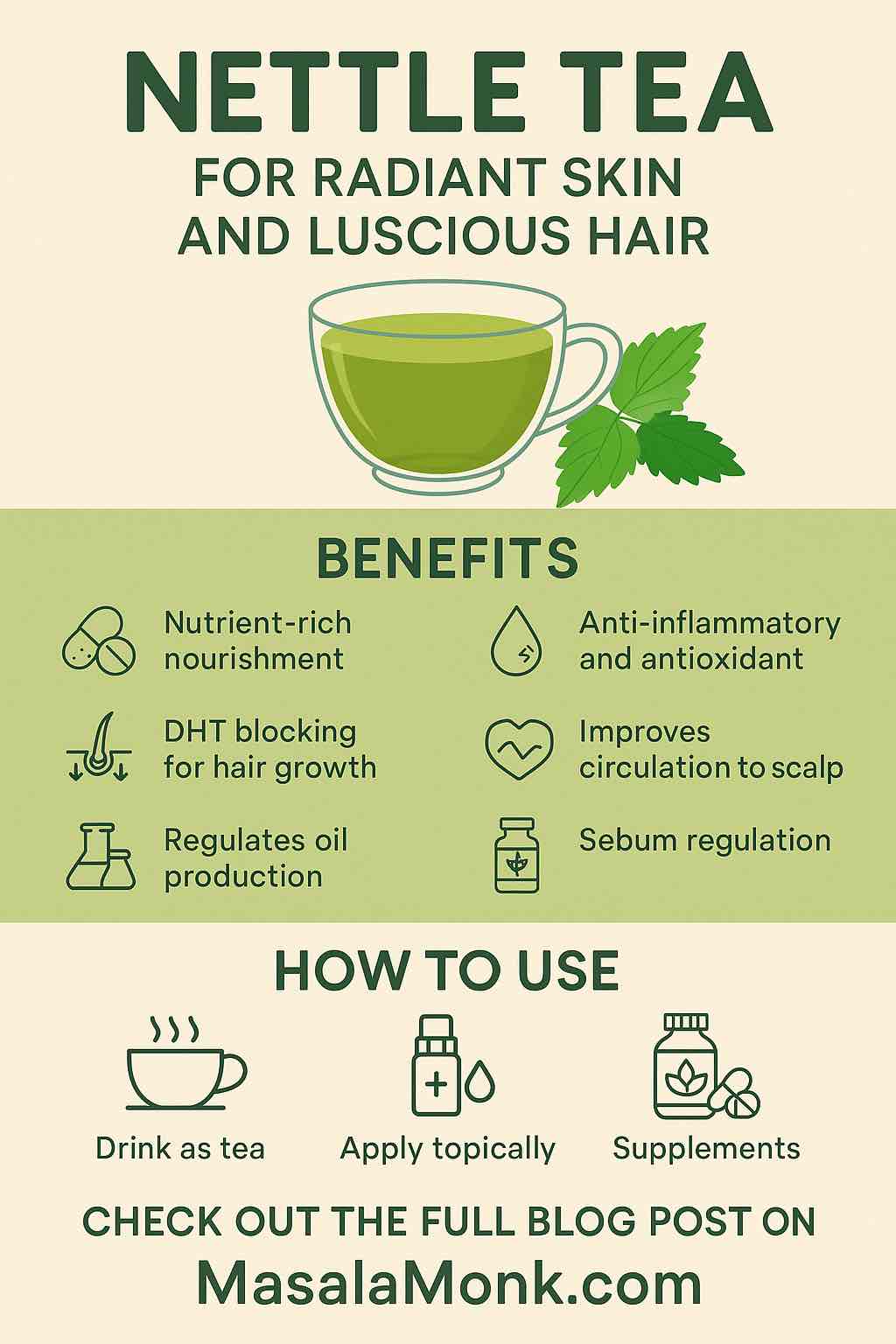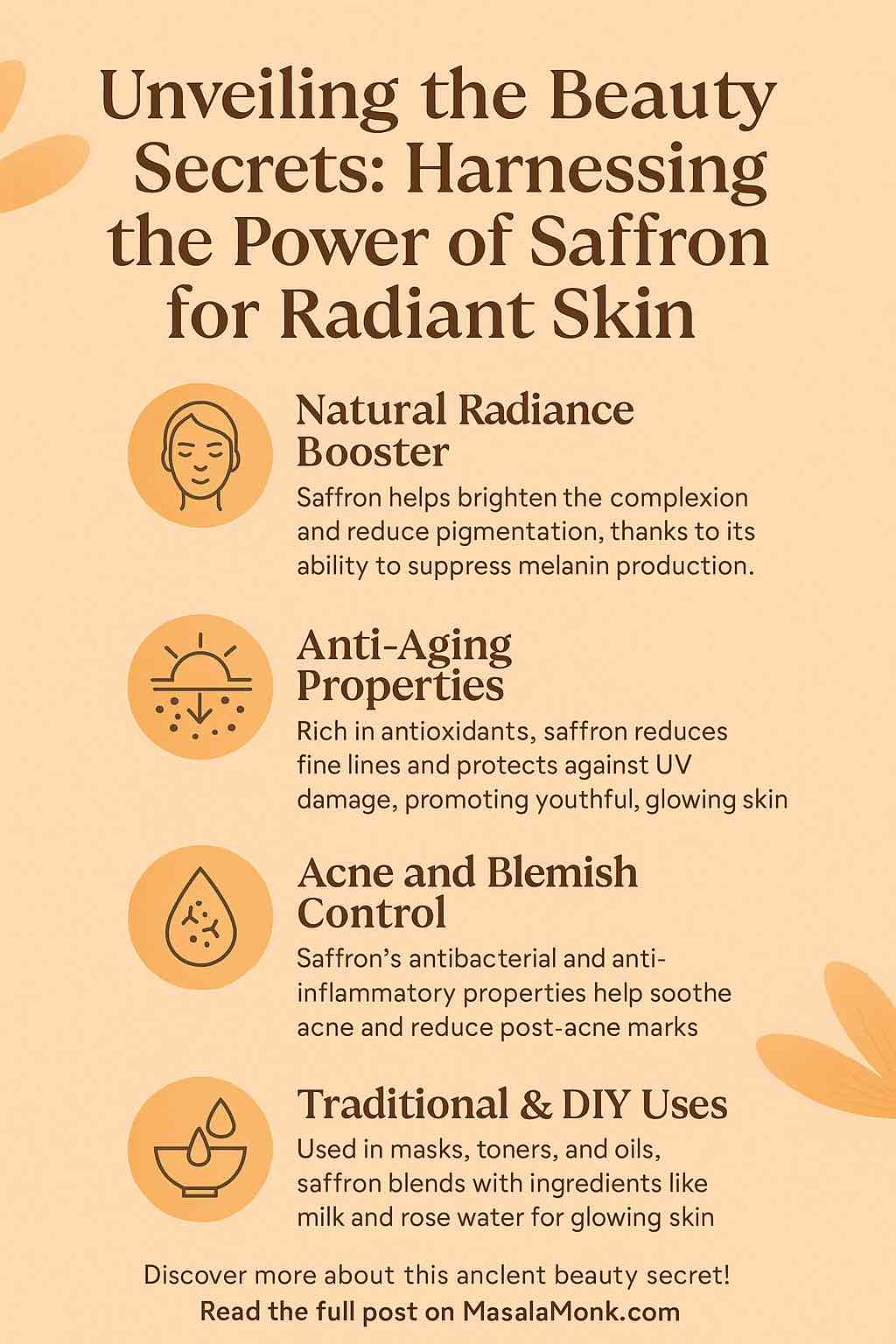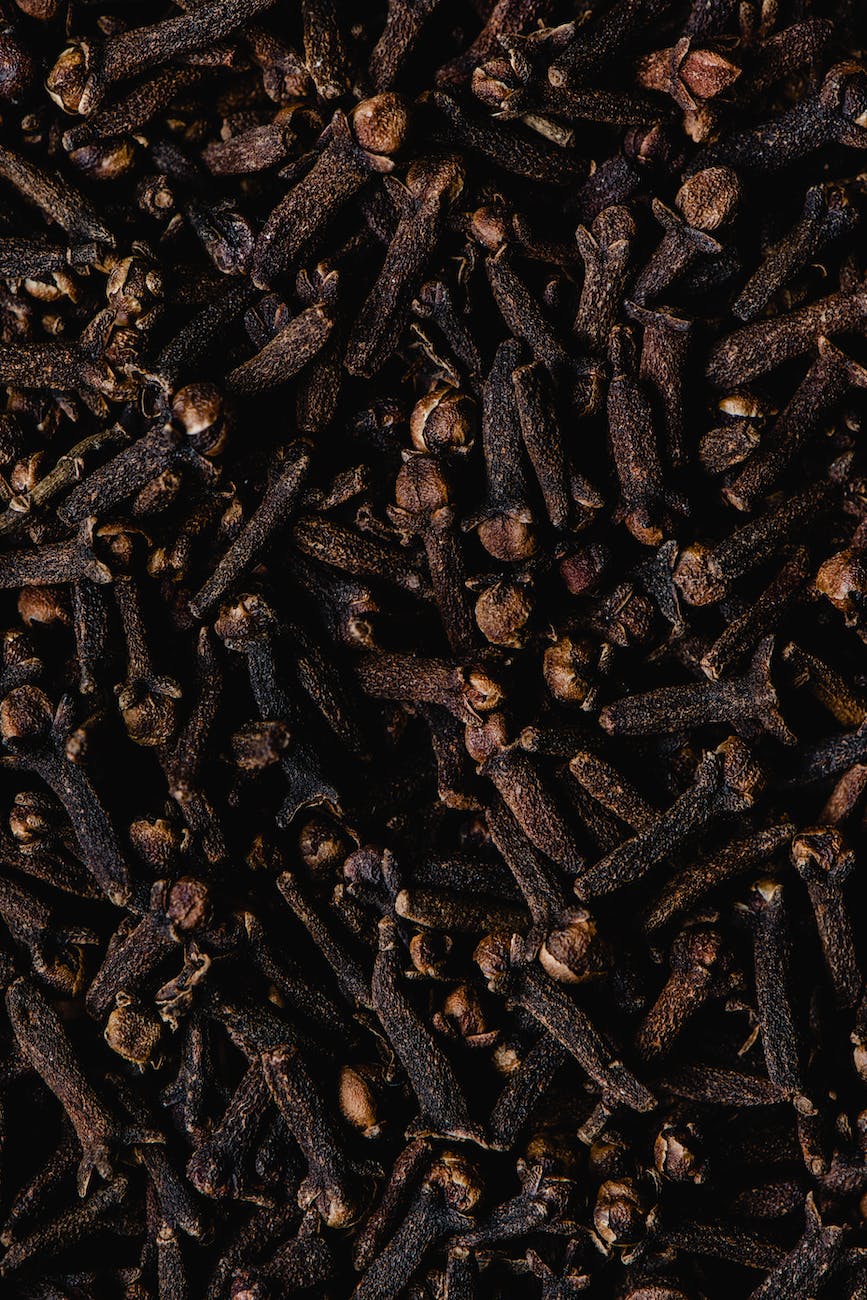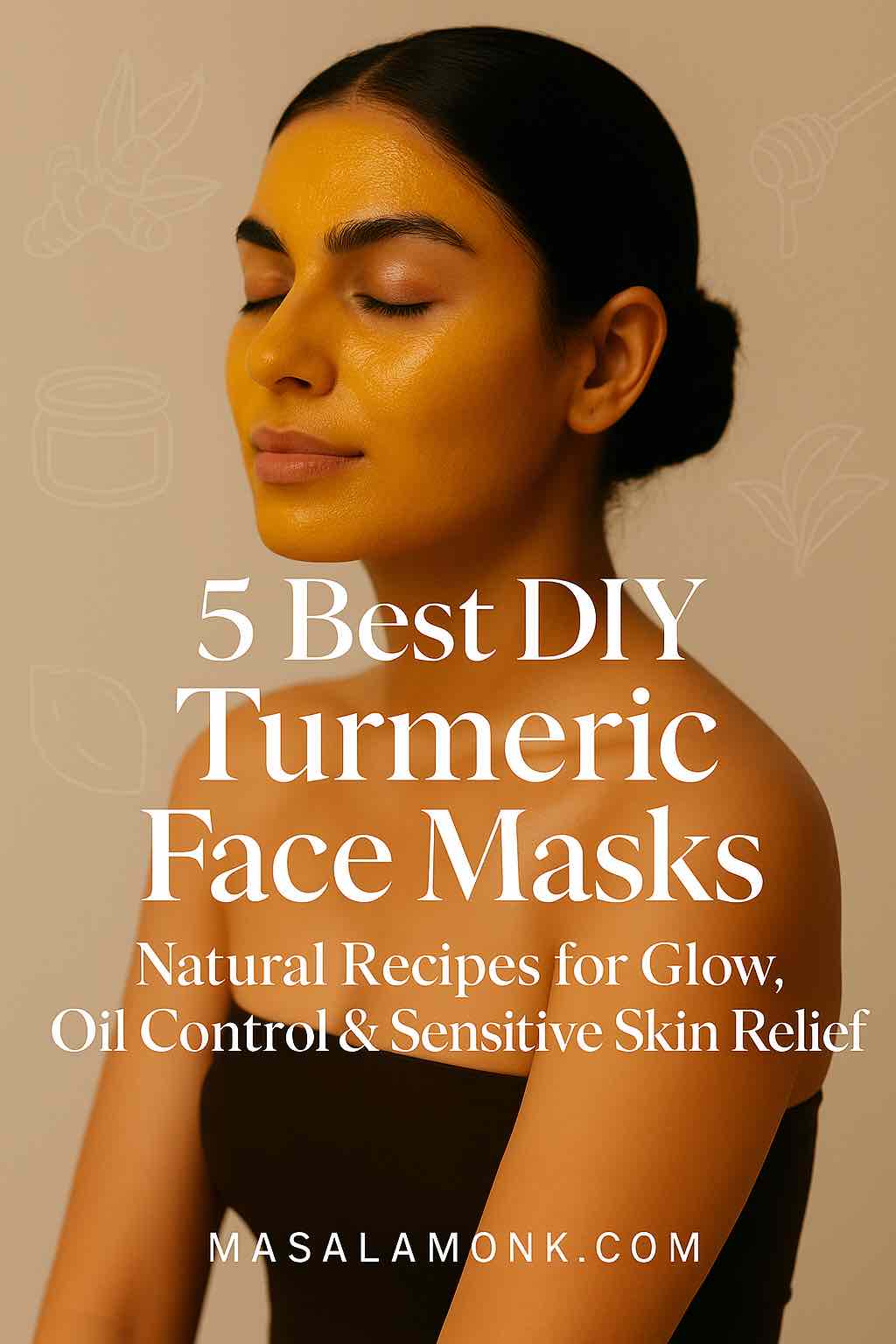
If you’ve been searching for simple rituals that actually feels good, turmeric face masks are a beautiful place to begin. Right away, the sunny spice brings comfort; meanwhile, consistent use can support a more even-looking tone. Because the turmeric face mask is gentle—and because it’s easy to make with pantry ingredients—you can fold it into your week without stress. Moreover, since many of us also call it a haldi face mask or a curcuma/kurkuma face mask, you’ll see those phrases sprinkled in so the guidance feels familiar no matter what you call it.
For a deeper dive into curcumin’s glow-boosting potential, we explores how turmeric interacts with skin to deliver that signature radiance.
Why Turmeric / Haldi Face Masks Works (and how to set expectations)
Turmeric (curcumin) isn’t magic, yet it offers three helpful gifts that, together, can make skin look calmer and brighter: recent overviews in MDPI—curcumin in skin health and PMC—Potential of Curcumin in Skin Disorders summarize anti-inflammatory and antioxidant actions, plus support for barrier comfort. We have outlined research-backed benefits of turmeric for skin, including anti-inflammatory and antioxidant actions, plus support for barrier comfort.
Soothing support: after workouts, long days, or heavy makeup removal, a turmeric face mask can help the complexion feel less reactive and look less flushed (see MDPI—curcumin mechanisms & soothing effects).
Antioxidant care: in day-to-day life, skin deals with dulling stressors; turmeric lends antioxidant backup so the surface looks a little more lively (PMC—curcumin antioxidant & skin).
Tone-evening vibe: over time—and especially alongside daily SPF—many people notice their haldi face mask routine helps soften the appearance of dark spots and uneven tone. For context, a small randomized trial found 0.25% tetrahydrocurcumin had depigmenting effects comparable to 4% hydroquinone (see HPC Today reprint—THC vs. HQ trial / Wiley—hyperpigmentation review referencing the trial).
That said, DIY is intentionally gentle. Therefore, keep contact times short (about 8–10 minutes), patch test everything—American Academy of Dermatology—how to patch test at home—and avoid harsh add-ins like citrus or essential oils, which are common irritants and can cause phytophotodermatitis in the sun (DermNet—phytophotodermatitis). Additionally, your other routine matters: a kind cleanser, a light moisturizer, and sunscreen do a lot of the heavy lifting while your weekly masks offer the reassuring ritual.
Choosing turmeric, tools, and textures (so the curcuma/kurkuma face masks doesn’t stain everything)
Even great recipes feel frustrating if cleanup is a pain. Consequently, it helps to prepare smartly.
Which turmeric?
Use food-grade turmeric powder. Some prefer “kasturi/wild turmeric” because it may stain less; however, use what you have—just avoid blends with dyes. Aim for a pinch to ½ teaspoon (≈0.5–2.5 g) per mask; more powder won’t boost results and could increase staining. If you do notice tint, that’s normal—curcuma extracts can temporarily shift skin’s b* (yellow) value (PMC—skin coloring properties of Curcuma extract).
Tools that make life easier
- A small ceramic or glass bowl (stain-resistant)
- A soft brush or spoon for application
- An old towel or T-shirt you don’t mind tinting
- A gentle cleanser ready for a quick second cleanse
Texture check
Each mix should feel like thin yogurt or runny honey, not gritty paste or chalk. If it drags, add a drop or two of water, aloe, or oil—depending on the recipe—until it glides.
Cleanup note
If you notice a faint yellow cast, don’t panic. Simply cleanse again with a mild face wash, then pat on moisturizer. Also, keep fabrics out of the splash zone; turmeric powder loves linen almost as much as it loves you. (That color-cling is explained in the Curcuma extract skin-tint study.)
About measurements: all gram weights below are approximate, since powders vary in density. Still, the ranges will keep you close and consistent.
Also explore Natural Oils for Skin: Benefits, Best Types & How to Use Them.
5 DIY Turmeric Face Masks (with grams, skin goals, and easy tweaks)
Each card includes best for, avoid if, precise ingredients (g), a clear method, and a why it works note—so you can personalize confidently.
Turmeric & Honey Mask — (for dark spots / post-blemish marks)
There are evenings when skin just wants a hug. This is that moment. The paste feels cushiony, the rinse is easy, and the glow looks soft rather than flashy. Because honey brings slip and comfort while turmeric lends a calm, bright look, this turmeric face mask is a lovely first step for dark spots that linger after blemishes. (Honey’s skin-support is well-documented—see PubMed—honey in wound healing, updated review.)
You’ll need (grams & spoons)
- Turmeric powder: 0.5–1 tsp (≈1–2.5 g)
- Raw honey: 1 tbsp (≈20–22 g)
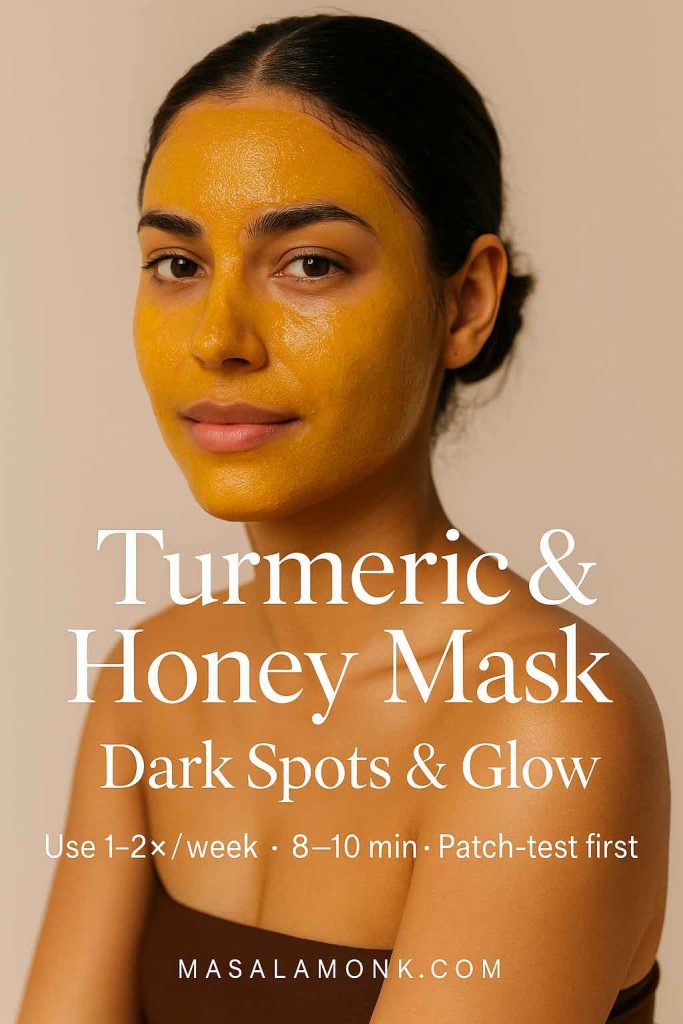
Method
- Cleanse, then leave your face slightly damp.
- Stir turmeric into honey until glossy and even.
- Brush on a thin coat—if it looks opaque and thick, you’ve used too much.
- Wait 8–10 minutes; breathe.
- Rinse with lukewarm water, then a cool splash.
- Seal with a light moisturizer.
Texture check: the mix should ribbon off your spoon. If it drags, add ½ tsp (≈3 g) honey; if it runs, add a pinch (≈0.1 g) more turmeric.
Why it helps
Honey’s cushion keeps skin comfy, while turmeric’s gentle touch helps the look of post-blemish marks over time (MDPI/PMC—curcumin for pigmentation & UV stress). The finish is dewy but not greasy—especially with a thin layer.
Dial it up or down
- For a nudge on uneven tone, whisk in plain yogurt 1 tsp (≈15 g) for a mild lactic-acid lift. AHAs like lactic acid can brighten—but they also increase sun sensitivity (FDA—AHA “Sunburn Alert”; PMC—Dual effects of AHAs).
- For oil-prone days, reduce honey to 2 tsp (≈14–15 g) and keep wear to eight minutes.
Pair it with
- Before: a non-stripping gel or cream cleanser.
- After: fragrance-free moisturizer. If it’s daytime, SPF right away (AAD—sunscreen basics).
Use how often?
Start 1–2×/week. More isn’t better—consistency is.
Suggested Read: Avocado: The Green Goddess of Skincare – Benefits, Myths, and 5 Natural Recipes for Luminous Skin
Besan & Turmeric Face Pack — (for oil control + brightening)
Some mornings your skin feels like it needs a tidy-up—nothing harsh, just a clean slate. That’s where gram flour (besan) shines. It lifts excess oil and dull surface debris so your face looks refreshed, not scoured. Turmeric, meanwhile, keeps the mood calm and bright. This is a traditional haldi face pack that still earns its spot today.
You’ll need
- Besan (gram flour): 1 tbsp (≈8–10 g)
- Turmeric powder: ¼ tsp (≈0.6 g)
- Rose water or cool water: 1–2 tsp (≈5–10 g) to thin
- Optional comfort: plain yogurt 1 tsp (≈15 g) or honey ½ tsp (≈10 g)
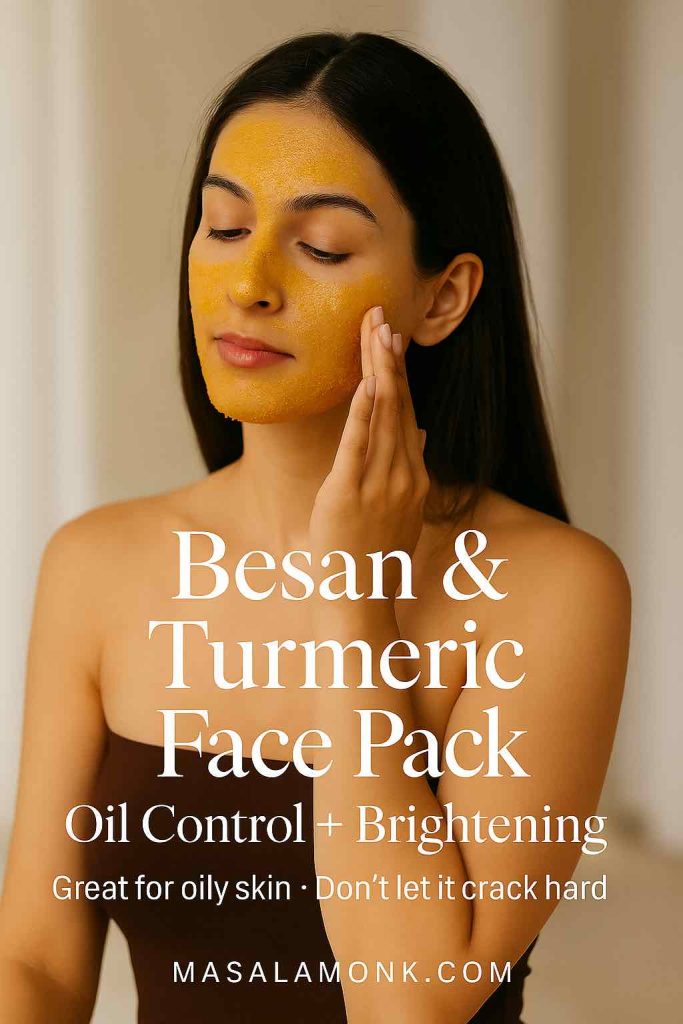
Method
- Combine besan and turmeric first.
- Drizzle in liquid until the paste looks like pancake batter—no lumps.
- Smooth on evenly, avoiding the immediate eye area.
- Rest 10–12 minutes; importantly, do not let it crack hard.
- Rinse with plenty of water, using feather-light circles.
- Pat dry and moisturize.
Texture check: a stripe on your wrist should look semi-opaque and glide. If it pulls, add drops of water; if it drips, add ½ tsp (≈1.5 g) besan.
Why it helps
Besan behaves like a soft polish; turmeric keeps the peace. Together, they brighten without the squeak. Our traditional ubtan blends aren’t just folklore; Journal of Ethnopharmacology found turmeric-chickpea packs show antioxidant activity, SPF correlation, and tyrosinase inhibition in vitro (evaluating ubtan).
Adjust on the fly
- If you’re dry, add a few drops (≈0.5 g) of almond oil or ½ tsp honey.
- If you’re very oily, swap water for aloe gel 1 tsp (≈5–6 g) and limit to ten minutes.
Pair it with
- Before: quick cleanse.
- After: light gel-cream and, if it’s sunny out, SPF.
Use how often?
Once weekly is plenty for most; twice if you’re very oily and your barrier is happy.
Do Read: The Power of Amla: 5 Benefits of Indian Gooseberry for Skin.
Aloe Turmeric Mask — (for sensitive / melasma-prone care)
When your skin whispers “easy,” listen. This jelly-like blend feels cool, spreads thinly, and rinses without fanfare. Because aloe is soothing and turmeric is steady, it’s a smart pick after active nights, warm weather, or any time your cheeks look a little too pink. Think of it as your reset button.
Aloe’s cool touch settles the feel of irritation while turmeric keeps things visibly calm. We have listed 5 Aloe Vera Face Masks for Glowing Skin for the day when you need it.
You’ll need
- Turmeric powder: ½ tsp (≈1.2 g)
- Pure aloe gel (inner leaf, unscented): 1–2 tsp (≈5–10 g)
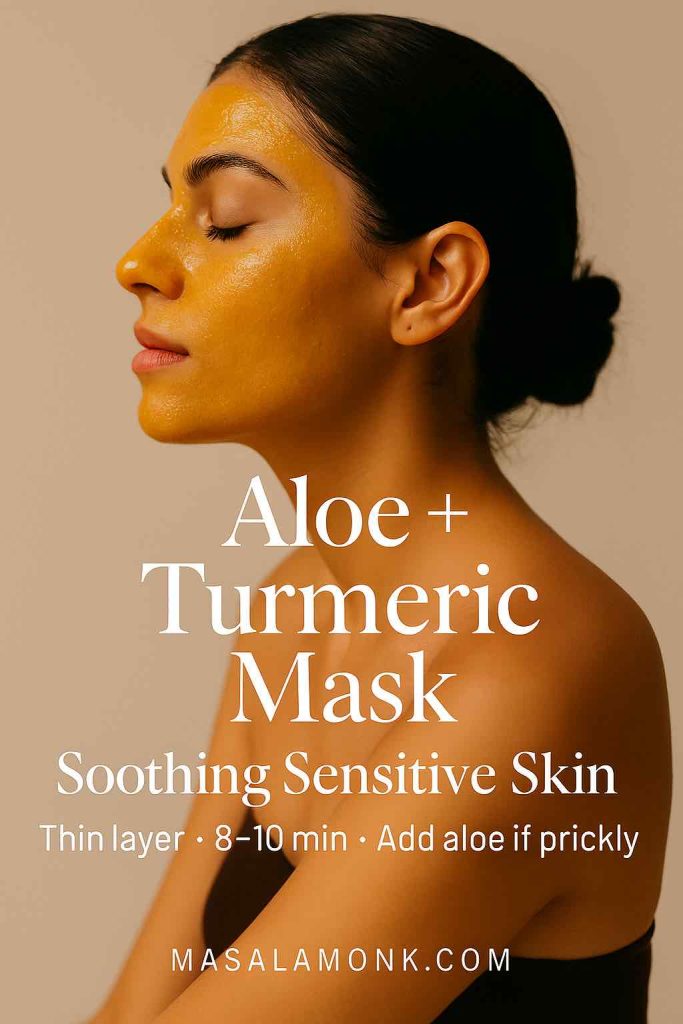
Method
- Stir aloe and turmeric until silky and even.
- Apply a whisper-thin layer—barely golden.
- Wait 8–10 minutes; if you feel prickling, rinse sooner.
- Rinse lukewarm; pat dry.
- Follow with a simple, fragrance-free moisturizer.
Texture check: if you see bright, opaque yellow, you’ve overloaded turmeric. Add ½ tsp (≈3–5 g) aloe and remix.
Why it helps
Aloe’s cool touch settles the feel of irritation while turmeric keeps things visibly calm and lightly radiant (PMC—Aloe clinical review; MDPI—curcumin & skin).
Adjustments
- Parched? add 2–3 drops (≈0.5 g) squalane for slip.
- Extra warm day? chill the mixture in the fridge for 5 minutes.
Pair it with
- Before: gentle cleanse only.
- After: keep the rest of your routine minimal; sunscreen in the morning, always.
Use how often?
As needed—up to 2×/week—especially on nights your skin wants comfort first.
Suggested Read: Unveiling the Beauty Secrets: Harnessing the Power of Saffron for Radiant Skin!
Yogurt Turmeric Face Mask — gentle brightening (face mask for glowing skin)
Sometimes dullness creeps in quietly. A little lactic acid from plain yogurt can help coax away that top veil of tired cells, and turmeric adds its calm, even-toned nudge. The result is a smooth, softly lit surface—great before makeup or whenever you want to look more awake.
You’ll need
- Turmeric powder: ½ tsp (≈1.2 g)
- Plain yogurt (unsweetened): 1 tbsp (≈15 g)
- Optional slip: raw honey ½ tsp (≈10 g)
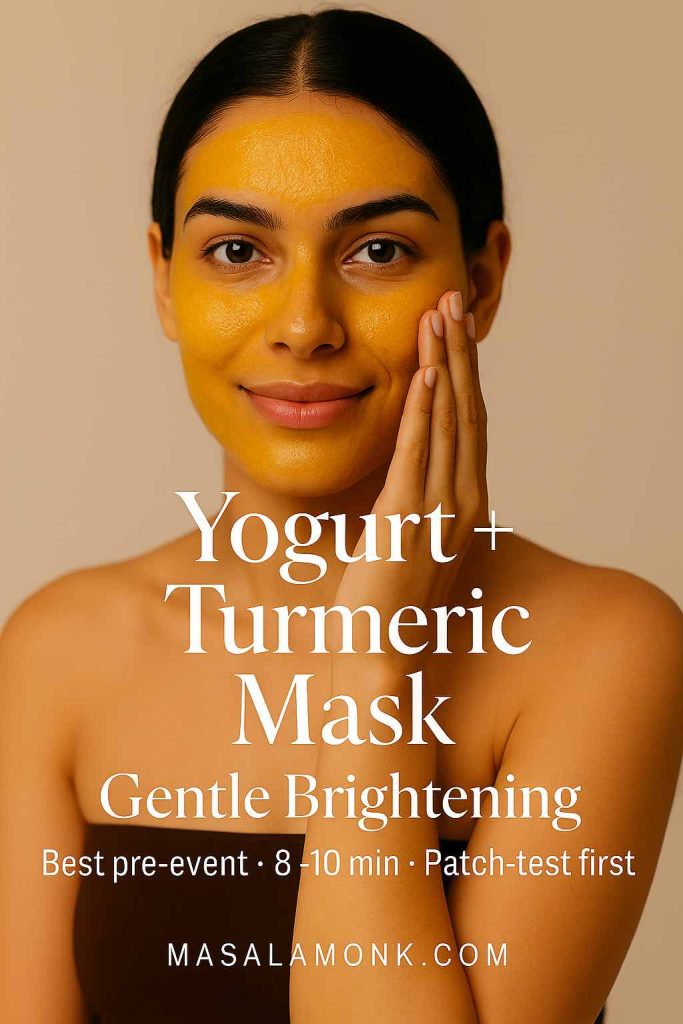
Method
- Whisk yogurt until lump-free; fold in turmeric (and honey if using).
- Spread a thin, even coat—think “transparent golden veil.”
- Wait 8–10 minutes.
- Rinse thoroughly; moisturize.
- If it’s daytime, SPF is non-negotiable (AHAs make skin sun-sensitive).
Texture check: it should glide like custard. If it’s runny, add a pinch (≈0.1 g) turmeric; if too stiff, add ½ tsp (≈2–3 g) yogurt.
Why it helps
Yogurt offers very gentle AHA action; consequently, texture looks smoother and tone looks a touch brighter without drama. If you use yogurt for a gentle glow, that’s lactic acid at work. The Molecules review on AHAs explains how low-strength lactic acid smooths without drama—just pair it with SPF (dual effects of AHAs; FDA AHA sun-sensitivity guidance).”
Adjustments
- Sensitive? shorten wear to 6–7 minutes.
- Need more moisture? add 0.5 g glycerin (≈⅛ tsp).
Pair it with
- Before: mild cleanse.
- After: moisturizer; if you’ll be outside tomorrow, re-apply SPF generously.
Use how often?
1–2×/week is a sweet spot for most.
You can also read: Liquid Gold: 5 Benefits of Sesame Oil for Skin Care.
Turmeric Clay Mask — (for oily or congested skin)
On shiny days, nothing feels cleaner than a quick clay reset—especially when you limit it to the areas that actually need it. This targeted turmeric face mask mattifies without picking a fight with the rest of your face.
You’ll need
- Kaolin or bentonite clay: 1 tbsp (≈9–12 g)
- Turmeric powder: ¼ tsp (≈0.6 g)
- Water or aloe: 1–2 tsp (≈5–10 g)
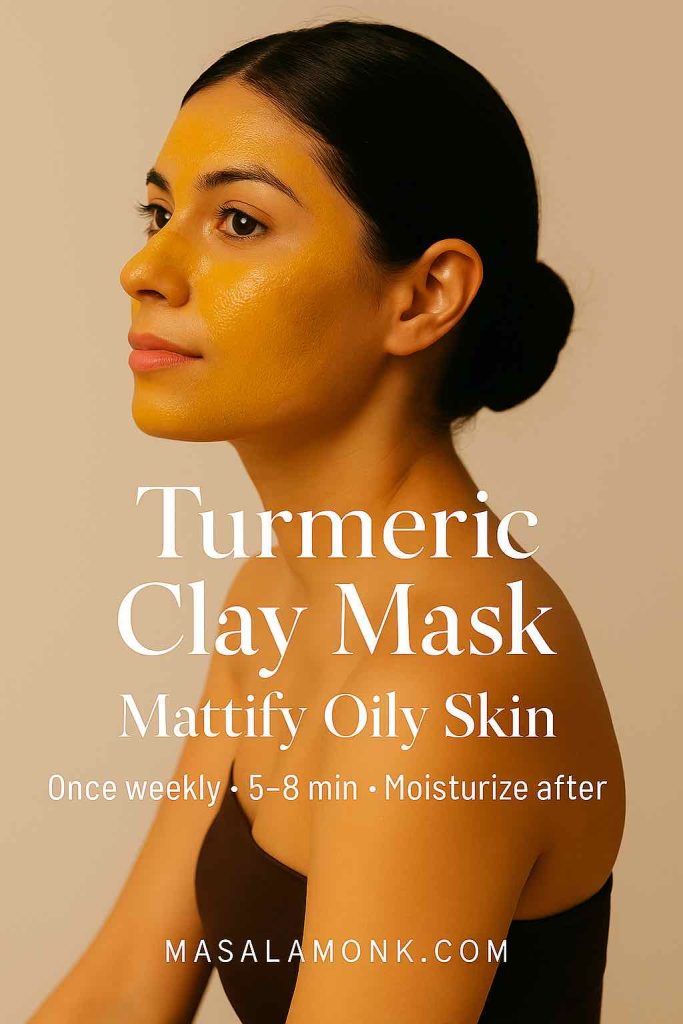
Method
- Mix clay and turmeric, then add liquid gradually.
- Paint only the oily bits (T-zone, chin, sides of nose).
- Keep it slightly damp and stop at 5–8 minutes—mist lightly if it dries too fast (as Allure explains—don’t let clay fully dry).
- Rinse completely; pat dry.
- Follow with a lightweight, non-greasy moisturizer.
Texture check: the paste should hold a soft peak. If it cracks on the bowl, add ½ tsp (≈3–5 g) liquid.
Why it helps
Clay gently vacuums excess oil while turmeric keeps the tone even and the mood calm. In a recent in-use study, a clay mask improved sebum, porphyrins, hydration and texture in oily/acne-prone skin (Skin Research & Technology—clay mask efficacy). For ingredient background, see Cosmetics (MDPI)—clays in dermocosmetics.
Adjustments
- Sensitivity creeping in? switch the water to aloe and cap wear at 5–6 minutes.
- Very oily? do a T-zone only session twice weekly rather than full-face once.
Pair it with
- Before: cleanse.
- After: gel-cream, then (if daytime) SPF.
Use how often?
Once weekly is plenty for most; twice for very oily skin if barrier is happy.
You might want to explore: Watermelon: The Hydration Hero for Your Skin – Benefits, Myths, and 5 Quenching Recipes for Dewy Skin.
Which of the turmeric face masks should you choose today?
Although we’ve built condition cues into each of the Tumeric Face Masks that we have shared, a fast overview helps decision-making:
- Dark spots & post-blemish marks: start with Turmeric & Honey; on oilier skin switch to Turmeric Clay. Add the Yogurt Turmeric Face Mask once or twice weekly for gentle brightening. (Background on turmeric & pigmentation: Wiley—beyond hydroquinone review.)
- Oily or congested: use Turmeric Clay on the T-zone; on a different day, pick Besan & Turmeric to refresh without stripping. (Skin Research & Technology—clay mask data)(evaluating ubtan).
- Sensitive or melasma-leaning: keep it simple with Aloe Turmeric; reduce actives elsewhere and be meticulous with SPF (Aloe clinical review; AAD—sunscreen tips).
- Dullness before an event: choose Yogurt Turmeric the night before; consequently, makeup sits more smoothly (PMC—AHAs brighten & smooth).
- Combination skin, forever undecided: pair Besan midweek and Honey on weekends; adjust based on weather and hormones.
You might also want to read Coconut Oil for Skin: Frequently Asked Questions.
Build a calm weekly rhythm (so your turmeric powder face mask becomes habit)
Consistency, not intensity, pays off. Therefore, try one of these gentle templates:
Normal–dry routine
- Monday: Yogurt Turmeric (8–10 min)
- Friday: Turmeric & Honey (8–10 min)
Combination routine
- Wednesday: Besan & Turmeric (10–12 min)
- Sunday: Turmeric Clay on T-zone (5–8 min)
Sensitive routine
- Thursday: Aloe Turmeric (8–10 min)
- Rest of week: moisturize, hydrate, and protect
Importantly, treat these as starting points. If your skin whispers “too much,” scale back; if it purrs, keep going. Ultimately, your skin tells you what it needs.
Quick everyday touches: Turmeric Facial Wash & Turmeric Facial Scrub
Some days you want a moment, not a whole mask. In that case:
Turmeric facial wash (occasional, not daily)
- In your palm: regular cream/gel cleanser 3 g (~pea-size) + a pinch of turmeric (≈0.1 g).
- Massage 20–30 seconds; rinse thoroughly.
- Follow with moisturizer; if daytime, add SPF.
Turmeric facial scrub (once weekly, ultra-gentle)
- Besan 1 tsp (≈3–4 g) + turmeric a pinch (≈0.1 g) + water few drops to a slurry.
- Glide over damp skin very lightly for 20 seconds; rinse.
- Never scrub broken or irritated areas.
Because these are miniature versions of your masks, they’re perfect for maintenance between deeper self-care sessions.
Suggested Read: Top 10 Collagen Boosting Foods for Glowing Skin.
Common mistakes (and kinder alternatives)
Even the loveliest curcuma/kurkuma face mask can go sideways. Fortunately, small shifts help.
- Using too much turmeric: more powder means more staining. Instead, start small and build only if needed (that yellow cast is a known temporary effect—Curcuma extract skin-tint study).
- Letting clay fully crack: that super-tight feeling means your barrier’s being pulled; therefore, rinse before it dries to chalk (Allure—why you shouldn’t let clay fully dry).
- Adding citrus or essential oils: they’re frequent irritants and can increase sun sensitivity. Skip them and keep results steady (DermNet—essential oils & ACD; DermNet—phytophotodermatitis).
- Skipping the patch test: we get it—you’re excited. Nevertheless, try new mixes behind the ear or inside the wrist first, then wait 24 hours (AAD—how to test skin care products).
- Forgetting SPF: brightening without sunscreen is like bailing water with a hole in the bucket; as a result, progress stalls (AAD—choose a sunscreen you’ll use daily).
Do read: Vitamin D Deficiency and Skin Health.
Sourcing, storing, and staying consistent (so your turmeric face mask always feels fresh)
Where you buy turmeric matters less than how you store it. Consequently, keep your jar cool, dark, and dry with the lid firmly closed. Replace it if the color dulled or if it smells musty. As for honey, yogurt, and aloe, choose unscented options when possible; gentle formulas are easier to tolerate long-term.
When life gets busy, pair your mask with an existing habit—tea steeping, podcasts, a short stretch—so it’s not another task. Furthermore, lay a small towel on your sink before applying; cleanup becomes effortless.
Safety, sensitivity, and when to press pause
Skin is personal. Even “soothing” ingredients can bother some of us. If you experience stinging that grows, persistent redness, or itching, rinse immediately and moisturize. If you know you’re allergic to aloe or bee products, simply choose one of the other recipes. And if you’re under a dermatologist’s care, bring any DIY plan to them first; they’ll tailor it to your regimen. (For rare turmeric allergies, see JSSTD—turmeric allergy case report.)
A gentle wrap-up (and a nudge to listen in)
Ultimately, a turmeric face masks are less about chasing perfection and more about showing up for your skin in a way that feels kind, affordable, and doable. Some weeks you’ll crave the soft polish of the besan & turmeric face pack; other weeks, you’ll want the cushion of the turmeric & honey mask or the unclog-and-go ease of the turmeric clay mask. Meanwhile, the yogurt turmeric face mask will quietly keep dullness at bay, and the aloe turmeric face mask will be there whenever your complexion needs a hug.
Stay curious, adjust the grams to your texture sweet spot, keep wear times short, and protect your progress with sunscreen. As a result, you’ll give your skin exactly what it has been asking for: steady, thoughtful care.
Quick reference: gram conversions used here (approximate)
- Turmeric powder: 1 tsp ≈ 2–2.5 g; ¼ tsp ≈ 0.6 g; a pinch ≈ 0.1 g
- Honey (raw): 1 tbsp ≈ 20–22 g; ½ tsp ≈ 10–11 g; 2 tsp ≈ 14–15 g
- Yogurt (plain): 1 tbsp ≈ 15 g; 1 tsp ≈ 5 g
- Besan (gram flour): 1 tbsp ≈ 8–10 g; 1 tsp ≈ 3–4 g
- Kaolin/Bentonite clay: 1 tbsp ≈ 9–12 g; 1 tsp ≈ 3–4 g
- Aloe gel: 1 tsp ≈ 5–6 g
- Squalane/almond oil: 1 drop ≈ 0.05 g (varies by dropper)
(All measurements are guidance; adjust slightly to achieve a smooth, spreadable texture.)
FAQs About Turmeric (Haldi) Face Masks
1. Can I use a turmeric face mask every day?
The short answer is no. While turmeric is gentle, using it every single day can actually backfire—causing dryness or more staining than glow. Instead, think of it like a weekly ritual. Once or twice a week is enough to see results without overwhelming your skin.
2. Will turmeric stain my skin yellow?
Yes, it can—but here’s the good news: that golden tint usually fades after a gentle second cleanse or even by the next morning. To avoid looking like a leftover curry dish, use just a pinch of turmeric and pair it with bases like yogurt or honey, which help reduce staining.
3. Which turmeric is best for face masks?
Great question! Most people do well with regular, food-grade turmeric powder from the kitchen. However, if you want to minimize staining, kasturi (wild turmeric) is a popular pick in skincare. Just steer clear of spice blends or powders with added dyes—they’ll do more harm than good.
4. How long should I leave a turmeric mask on?
Here’s where less is more. About 8–10 minutes is perfect. If you leave it longer, you won’t get extra benefits—but you might get irritation or stronger yellow stains. So, treat it like a tea steep: short, sweet, and effective.
5. Can turmeric really help with acne?
Yes, turmeric has natural anti-inflammatory powers, so it can calm down angry breakouts and reduce redness. On the other hand, it’s not a magic cure for chronic acne. Think of it as a soothing sidekick, not a stand-alone hero.
6. are haldi face masks safe for sensitive skin?
Most of the time, yes—but it depends on how you use it. If you’re sensitive, pair turmeric with calming bases like aloe gel or plain yogurt. And always, always patch-test first. That way, you can enjoy the benefits without the surprise of irritation.
7. Can turmeric lighten dark spots or pigmentation?
Over time, yes it can help. Curcumin has been shown to gently even out skin tone. But here’s the catch: it works best when you pair it with daily sunscreen. Without SPF, it’s like bailing water from a boat with a hole—it won’t hold.
8. What should I do after rinsing off a turmeric mask?
Simple: lock in the calm. Right after rinsing, pat your skin dry, then apply a light, fragrance-free moisturizer. If it’s daytime, sunscreen is non-negotiable. This aftercare step makes sure your glow actually lasts.
9. Are there quick turmeric skincare hacks besides masks?
Absolutely. On days you don’t have time for a full mask, you can mix a pinch of turmeric into your cleanser for a quick “turmeric wash,” or blend it with gram flour for a super gentle scrub. These mini rituals keep the glow going without the 10-minute wait.
10. Can I mix turmeric with other kitchen ingredients?
Definitely! That’s half the fun. Honey makes it hydrating, yogurt adds gentle exfoliation, besan (gram flour) helps mop up oil, and aloe keeps things calm. You can swap ingredients depending on whether your skin feels oily, dry, or sensitive that day.
11. Are there any side effects I should know about?
Yes, a few. The most common one is staining—but as we said, it’s temporary. Some people may also notice mild irritation or an allergy (rare, but possible). That’s why patch-testing is key. If your skin stings, itches, or stays red, it’s a sign to skip turmeric in future.
12. Can men use turmeric face masks too?
Of course! Skin doesn’t care about gender. In fact, turmeric masks are a long-standing tradition in South Asian weddings—for both brides and grooms. The goal is the same: calm, bright, glowing skin.

